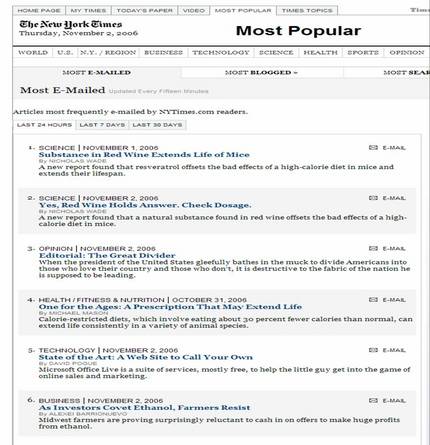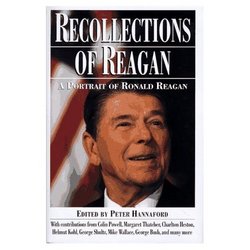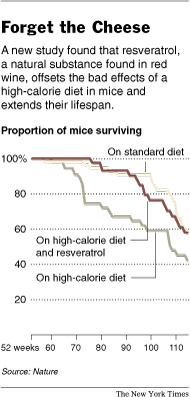Chris Anderson has a stimulating and useful chapter in The Long Tail on why having variety and choice is good.
Not all agree. My old Wabash economics professor, Ben Rogge, with wry amusement, used to refer us to Alvin Toffler’s Future Shock. Toffler’s view was that choice was stressful—visualize the Robin Williams’ Russian émigré character in "Moscow on the Hudson," when he collapses in panic on not knowing how to choose amongst the variety of coffees in the Manhattan supermarket aisle.
What amused Rogge was the contrast between the old critics of capitalism, who criticized capitalism for providing too few goods for the proletariat, and the new critics, like Toffler, who criticized capitalism for providing too many goods for the proletariat.
Although Toffler has recanted his earlier views, others, such as Barry Schwartz in The Paradox of Choice, have picked up the anti-choice banner.
Here’s my current two cents worth. Sometimes we value variety for its own sake, and sometimes not. I may find the variety of ethnic restaurants exciting, but not the variety of music on I-tunes.
But even when I don’t value variety for its own sake, I still may value it because it increases the odds that the product I can find matches the product I want. Let me explain.
In the language of Clayton Christensen and co-author Raynor, in The Innovator’s Solution, generally what I want is a good that does well, a "job" that I want or need to get done.
Some critics of mass production descried the loss of the variety of products produced by pre-industrial craftsmen. But what good did it do the peasants that no two chairs were quite alike, if all of them were too hard and misshapen for the job of comfortably sitting in them?
Mass production reduced variety, but increased quality, in the sense of bringing (cheaply) to market, products that were far better at doing the jobs that most people wanted/needed to get done.
If the modern varieties of chairs are a response to differences in the jobs that different consumers need to get done, then I might generally, and accurately, presume that variety is usually good, not because I want to constantly sample a lot of different chairs (like I want to sample a lot of different ethnic foods), but rather because variety increases the odds that I will find the one or two particular chairs that allow me to do the job that I want a chair to do for me.
Specifically, recently, we were looking for a chair that was firm, spill-resistant, would swivel to allow talking to someone in the kitchen, would recline for watching television, would be dog-chew resistant, and would have a color/fabric complementary to the rest of the furniture. We shopped at Nebraska Furniture Mart, which is the largest furniture store in the U.S., with the greatest selection, because we hoped to find the one chair that would do all of these jobs.
We came close, but I wish there was a store with even greater selection.




 Harvard Medical School antiaging researcher Dr. David Sinclair. Source of image:
Harvard Medical School antiaging researcher Dr. David Sinclair. Source of image:  Source of graphic: online version of the NYT article cited below.
Source of graphic: online version of the NYT article cited below.